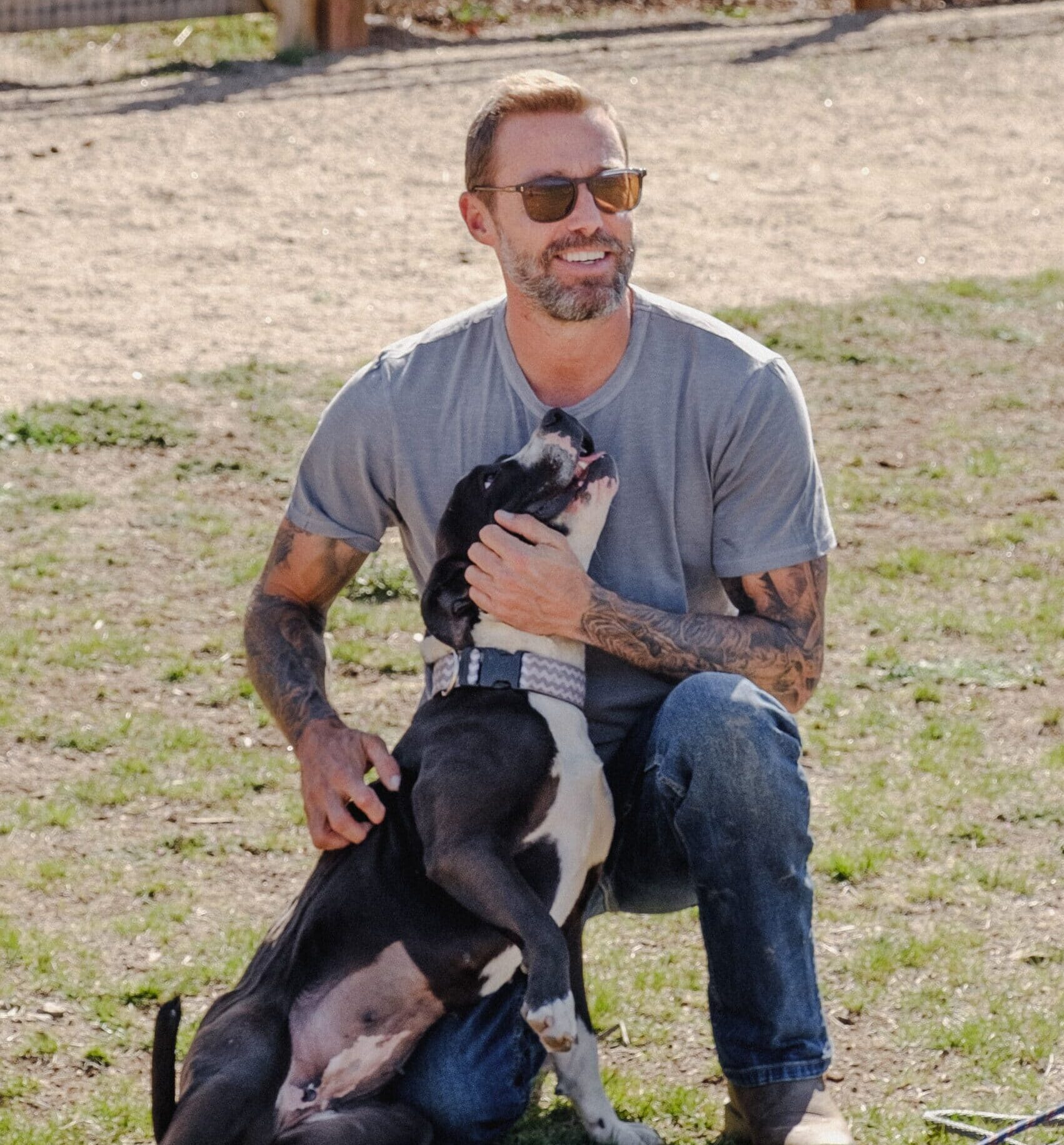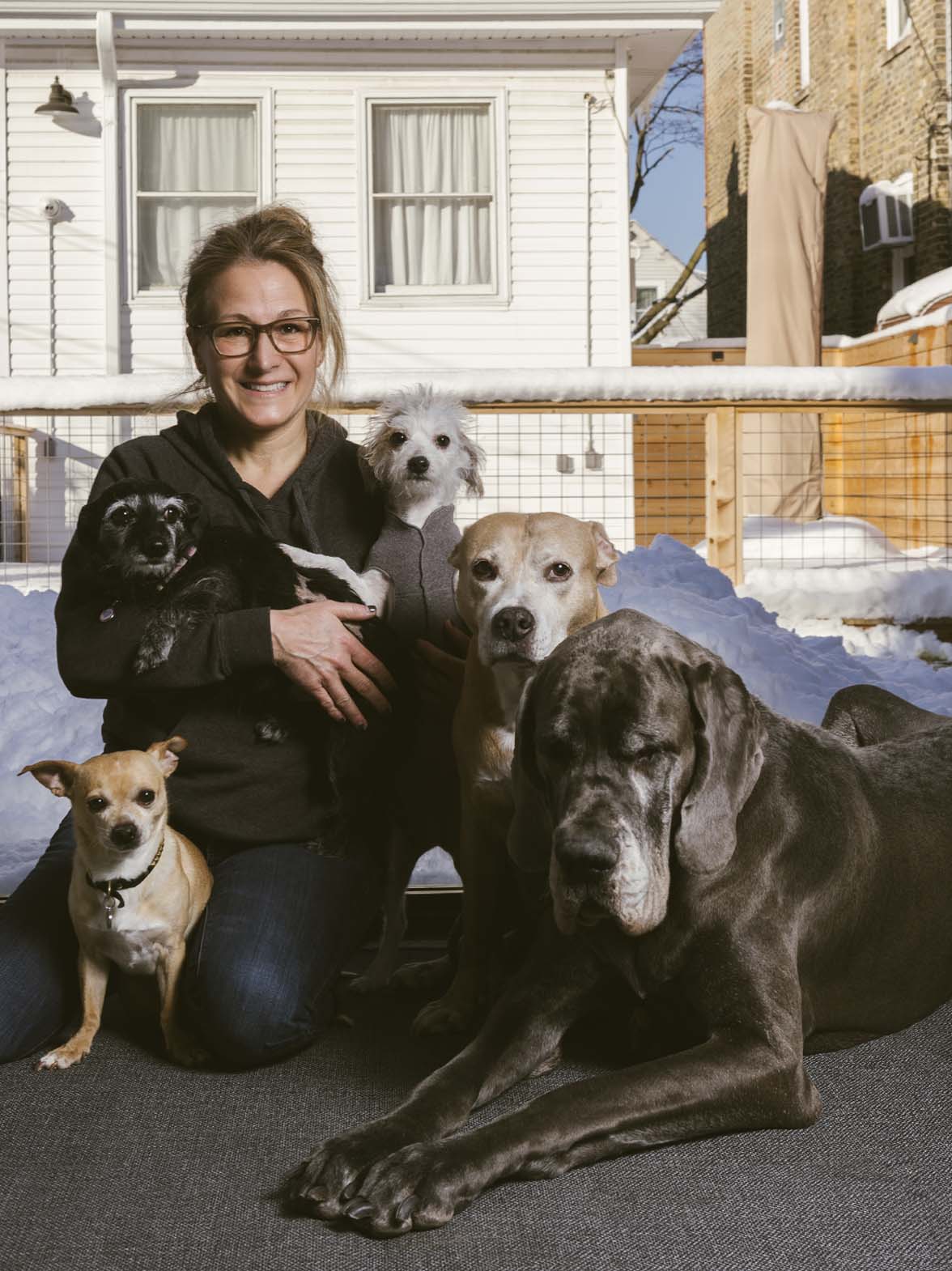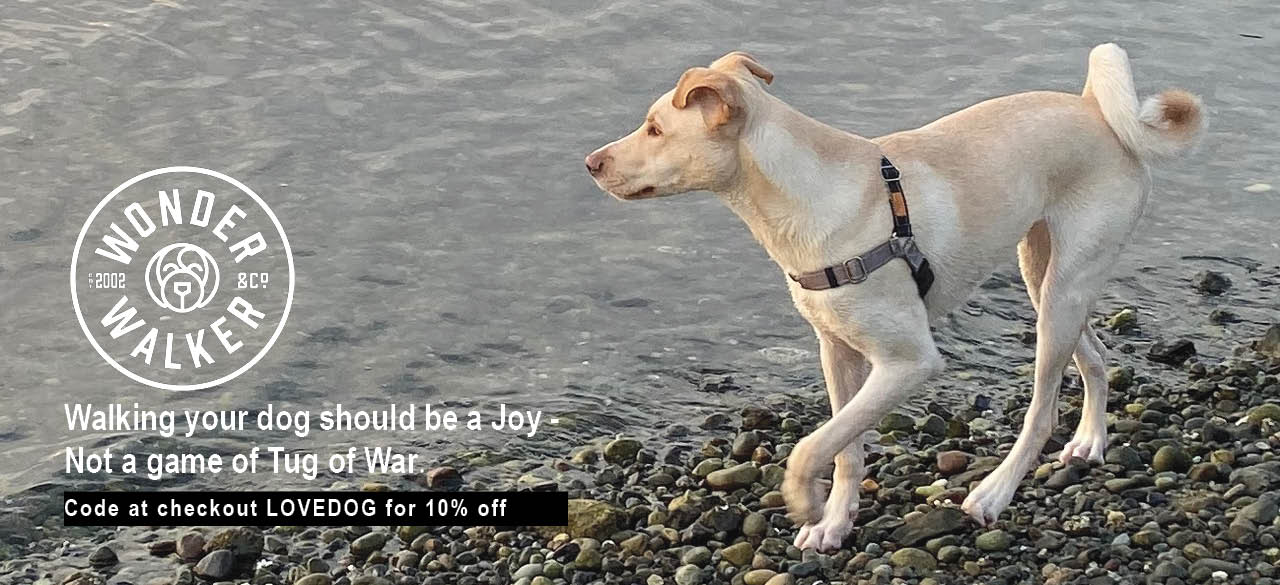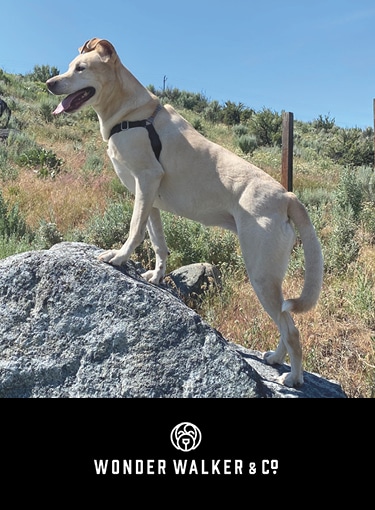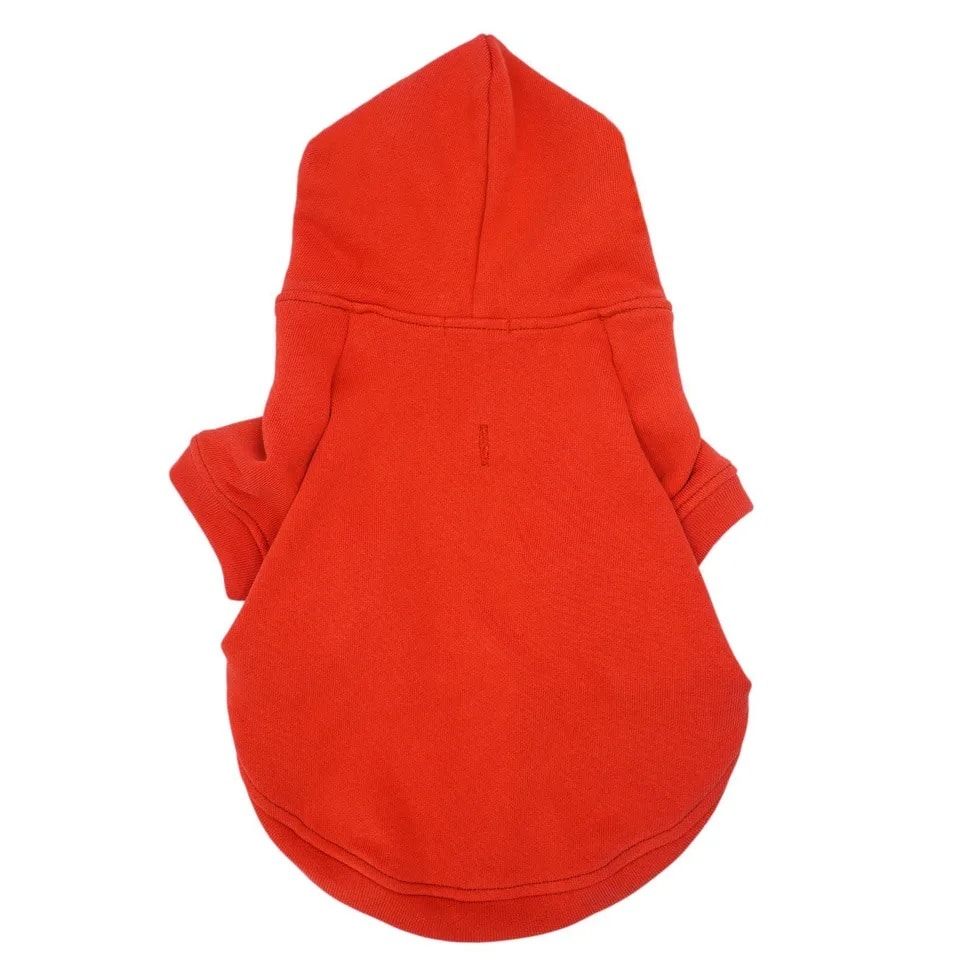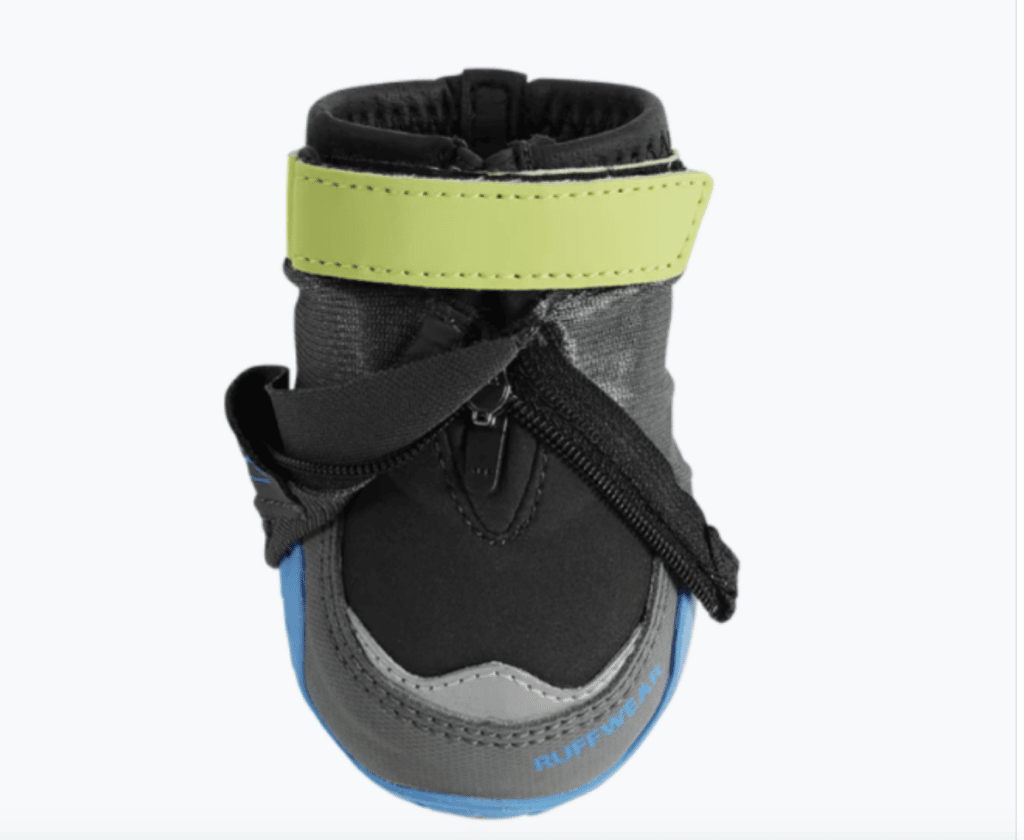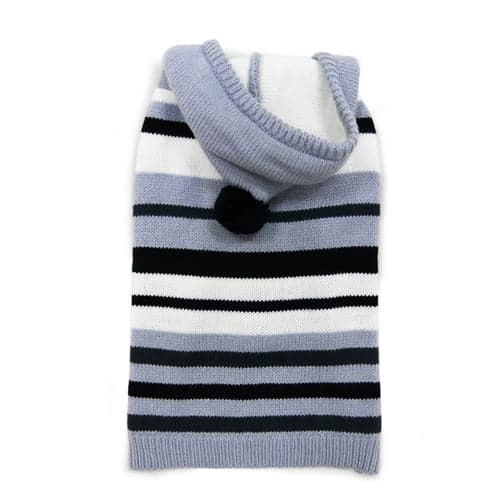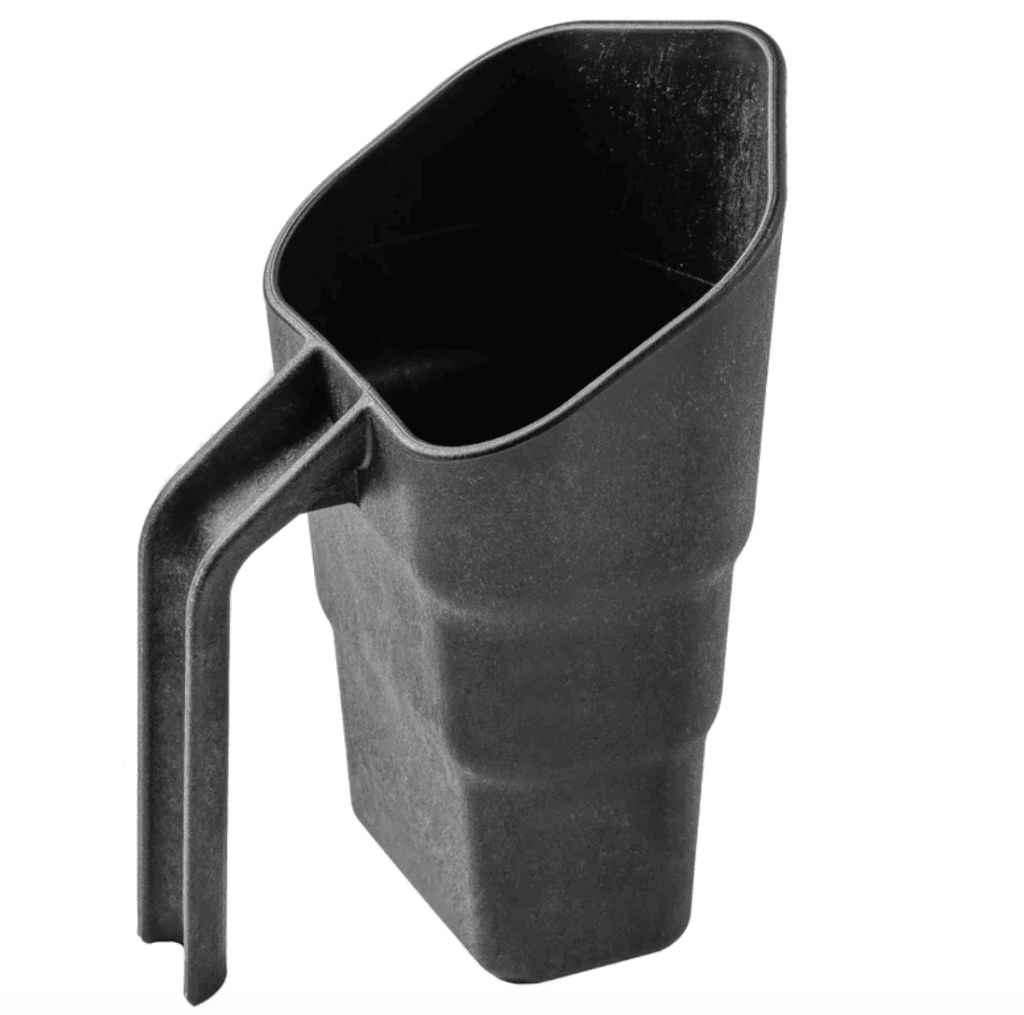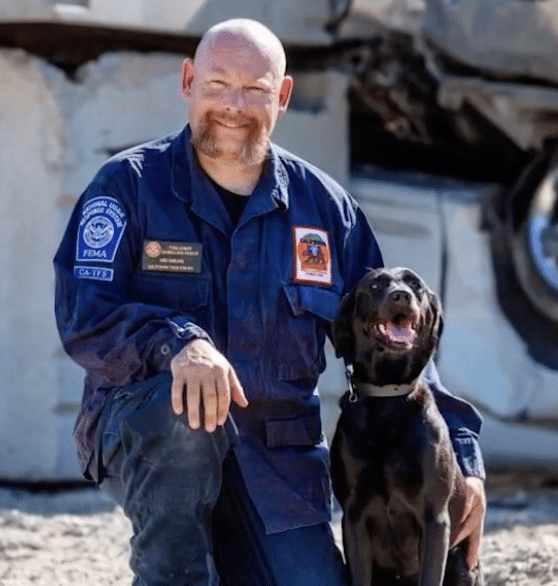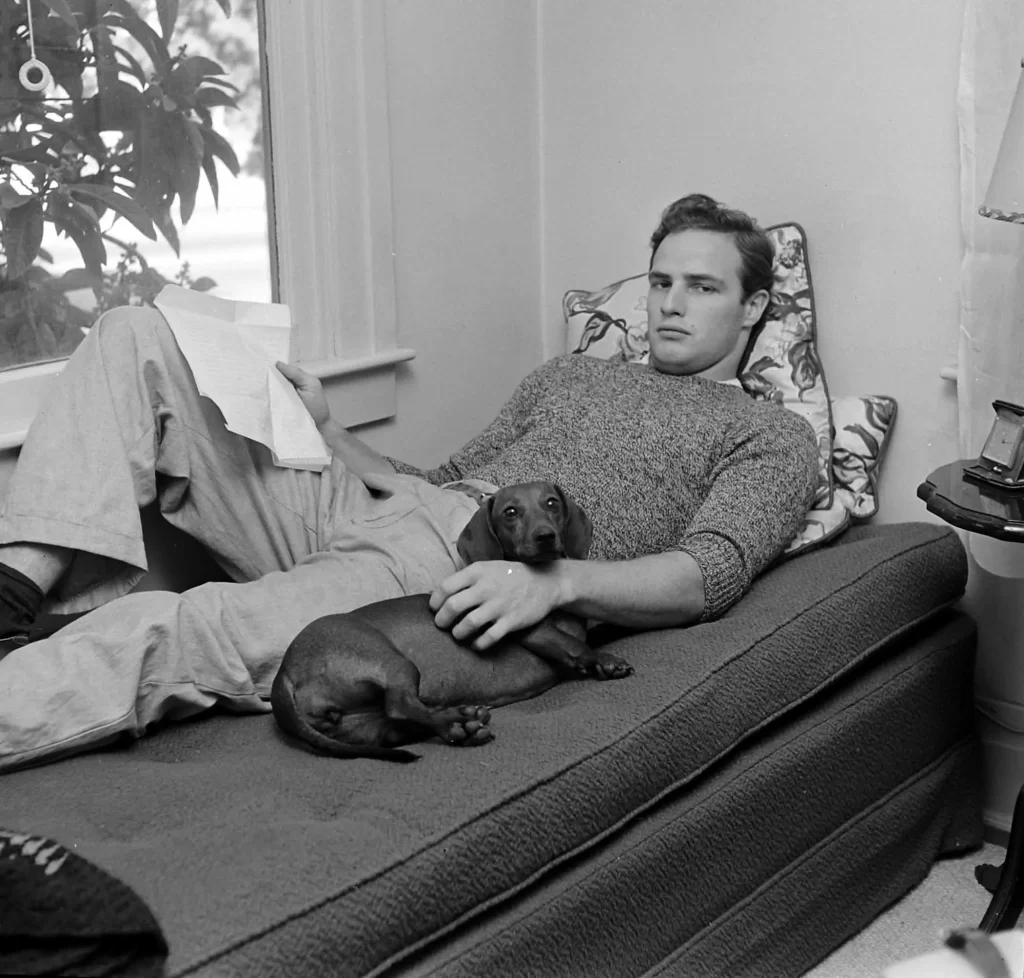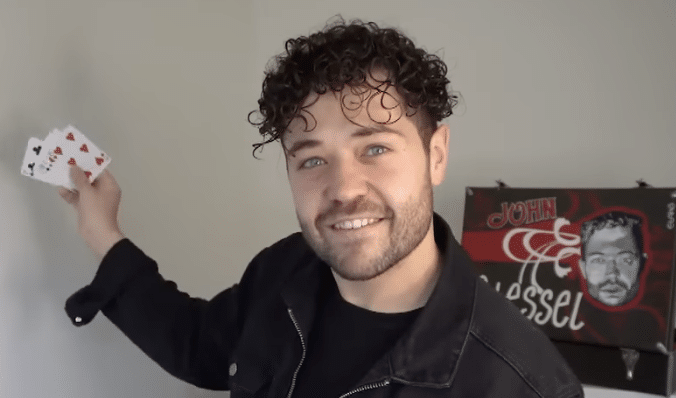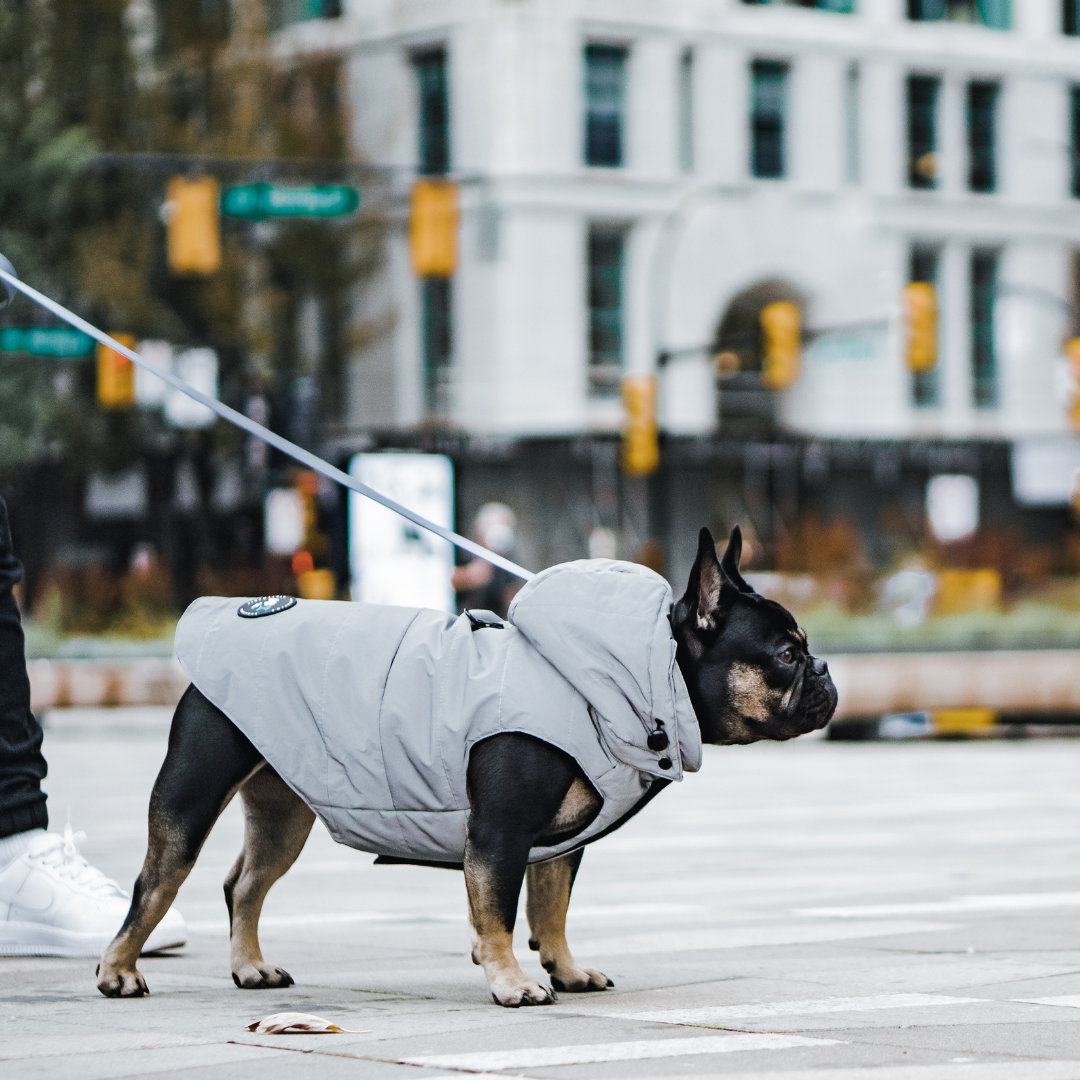The puppy, a tiny, red-nosed Pit Bull, was dragging herself down a hallway in one of Chicago’s most dangerous neighborhoods. Having been used as bait by dog fighters, one of her back legs was dangling and she was barely alive. A young girl found the pup and got her to medical help, but veterinarians gave her only a slight chance of survival. When a wealthy benefactor heard about the puppy’s plight, she offered to pay all the medical costs, and against all odds, the pup survived.
That’s when Sue Naiden entered the injured puppy’s life—and when the puppy changed Sue’s. Sue adopted the three-legged pup and named her Trio. As Sue cared for Trio and saw her perk up, she felt a huge debt of gratitude to the people who had helped her pull through.
Naiden, who’d been working as a shelter volunteer, was already paying the medical expenses for a few dogs here and there. When she met the kind woman who had been Trio’s benefactor, the woman was so impressed with Naiden’s small-scale good work that she encouraged her to expand. So Naiden founded the Trio Animal Foundation, focused on paying the medical bills for abused and injured dogs, homeless dogs, dogs with severe challenges and slim chances—dogs like Trio.
Naiden soon adopted another seriously injured dog, a Chihuahua who’d also lost a leg, and that’s when Trio stepped up and set Naiden on a new course. Trio went into full nurturing mode, licking, guiding, and comforting the traumatized smaller dog.
Naiden quickly realized how much good some dogs, special dogs like Trio, could do for other injured and traumatized animals. By the time Trio passed away in 2011, Naiden had re-focused her ideas about rehabilitating severely injured dogs. Her new approach was to use other dogs, dogs who seemed to have an extra dose of empathy for their fellow canines. “Trio was a blueprint,” said Naiden.
Before long, another canine therapist came along.
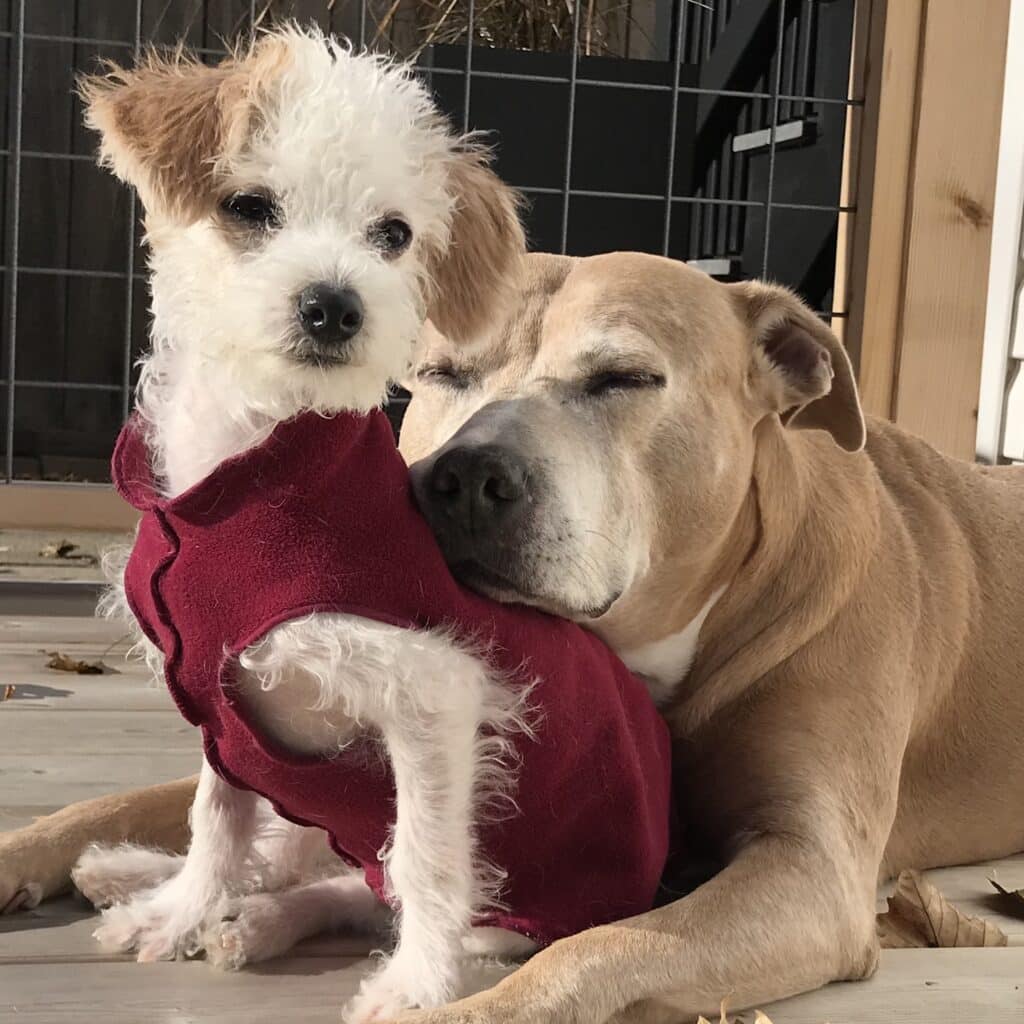
Ziggy (left) and Antler
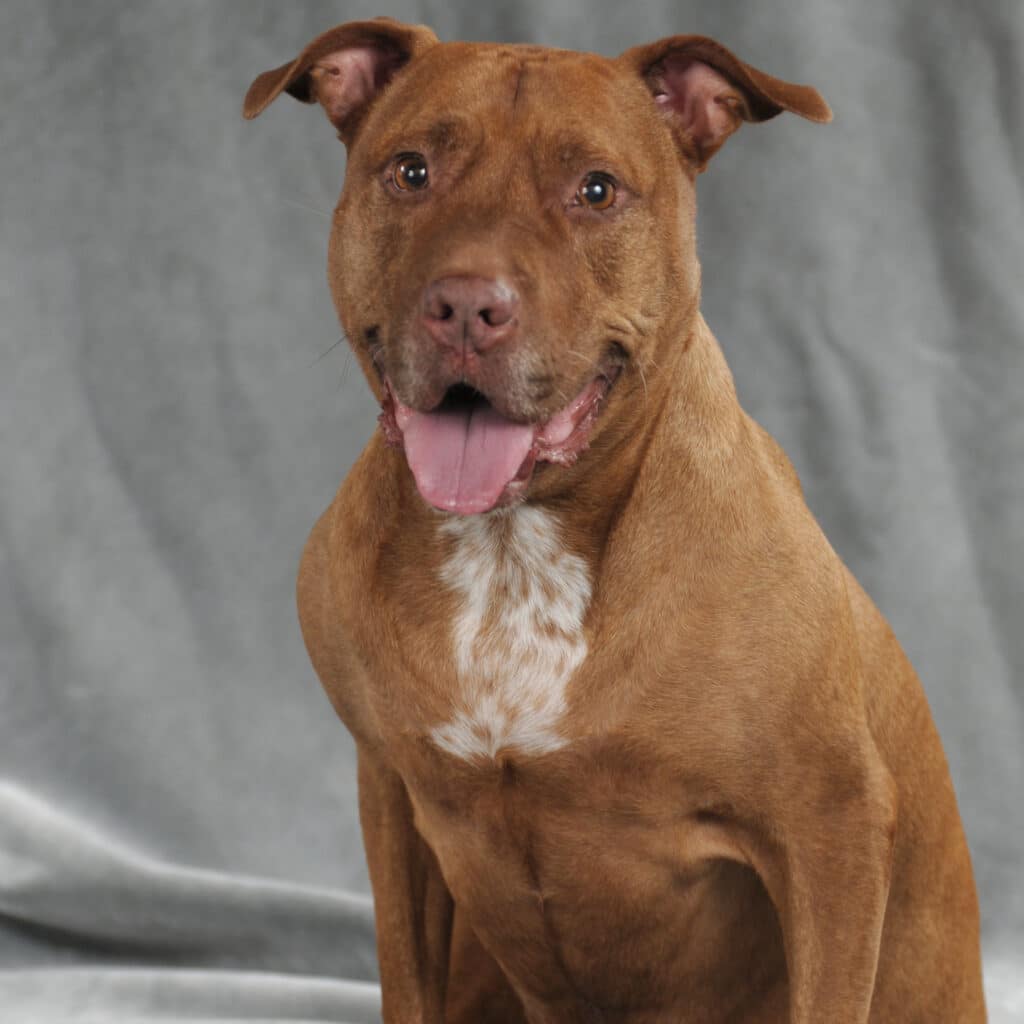
Trio, namesake for Naiden’s foundation.
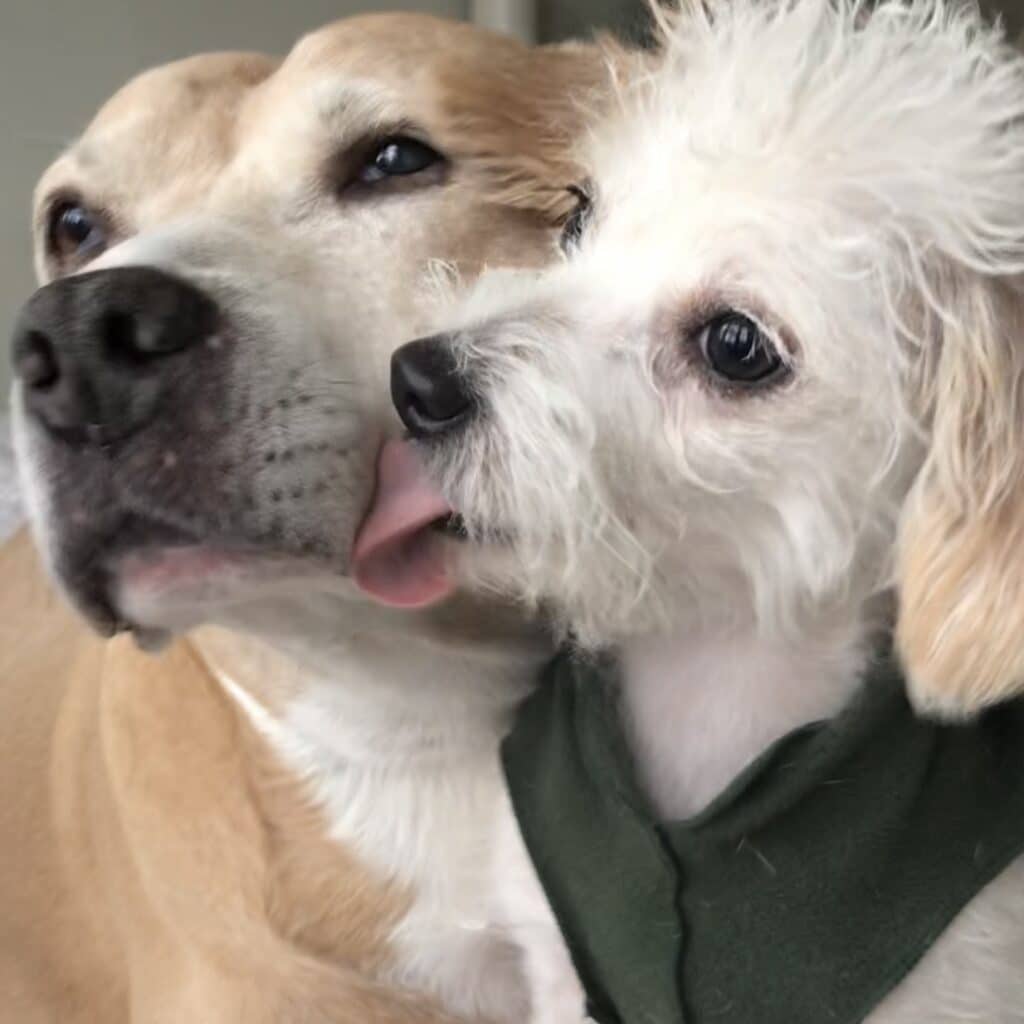
Antler and Ziggy
“Ironically, right after Trio passed away,” Naiden recalled, “a kill shelter called and said, ‘We have this momma and five puppies. Can you take them?’” The mother dog, a tan Pit Bull, had been spotted in a rough Chicago neighborhood, injured and eating garbage. When she limped away, a Chicago police officer followed her into an abandoned house, where the dog made her way up a rickety staircase, jumping across broken steps to reach the attic. There, nestled in an old suitcase, were her puppies, who she had kept well-fed. The police officer managed to transport mother and pups to animal control
***
Once the pups were weaned, Naiden adopted the mother dog and named her Antler—after a suitcase brand. “It was also the week before Christmas,” she explained. The sad stories for dogs in tough areas of Chicago just keep coming, and before long, a tiny, frail puppy, found in an alley storage container, came to Naiden’s attention. He was barely alive, with large untreated wounds, rampant infections, and an autoimmune condition called “puppy strangles” that causes horrific skin problems and is usually fatal.
Naiden consulted with the emergency vet and it was agreed to give the pup—whom Naiden named Ziggy—just one night to see if he could pull through. “I thought then, if this dog doesn’t make it, I have to get out of animal rescue,” she said. “When I got a call in the morning, I thought he had died.” But the little dog was hanging on.
“They gave him pain meds and he made it a second night. It was hour to hour,” she recalled, “but he kept going.” Ziggy made it to three days and seemed to turn a corner. He began to eat, and eventually was strong enough for Naiden to take him home.
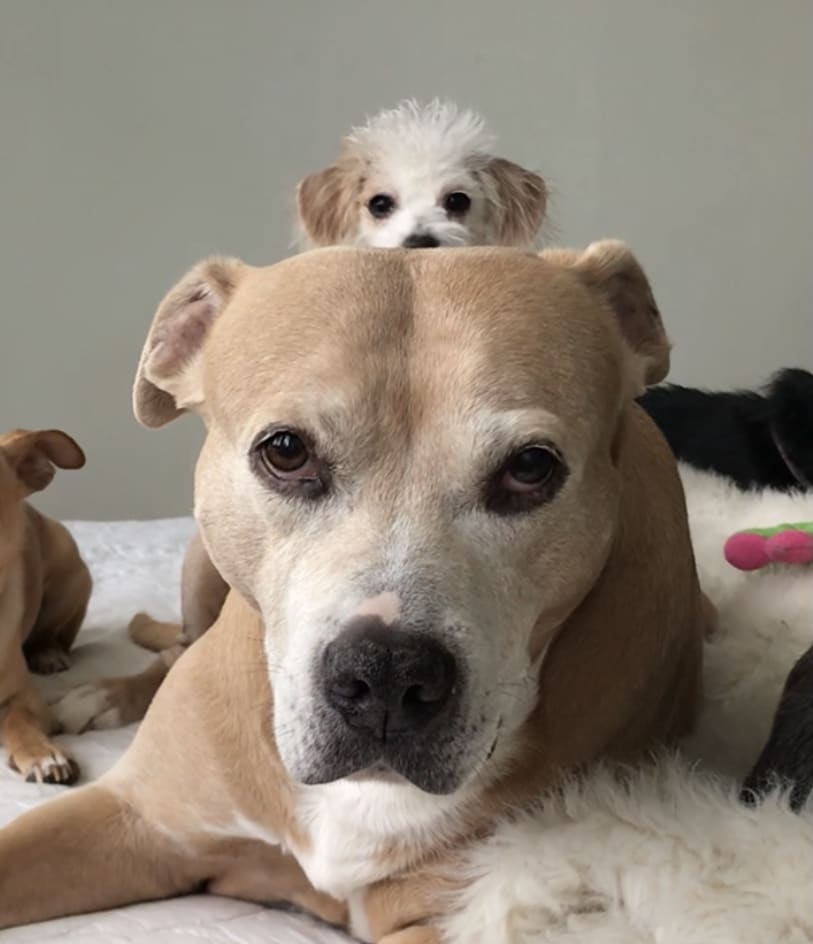
Antler and Ziggy
Photo by Sue Naiden.
And that’s when Antler took over. “Antler was the one who took care of him,” said Naiden. “She would not let him leave her sight. It was as if she was saying to everyone, ‘Leave him alone. This is my baby.’” Like Trio, Antler proved to have an unusual instinct for caretaking. Antler kept the tiny, weak dog warm, protected him, licked and nuzzled him. That connection was undoubtedly what pulled him through, Naiden said. “Ziggy is one in a million.”
Antler and Ziggy have been fast companions ever since. When Naiden posted photos of the two together on her Facebook page, they gained a following. Early fans saw two happy dogs, a 65-pound Pit Bull, and a small, fluffy, five-pound white dog—still missing a bit of his fur—who were constant and devoted companions. When Ziggy needed some correction for his puppy behavior, Antler set him straight. When Ziggy lay down, Antler lay down beside him. To this day, the two are inseparable. When Ziggy goes to the vet, Antler goes along, comforting Ziggy and staying by his side. Both are miracles of survival.
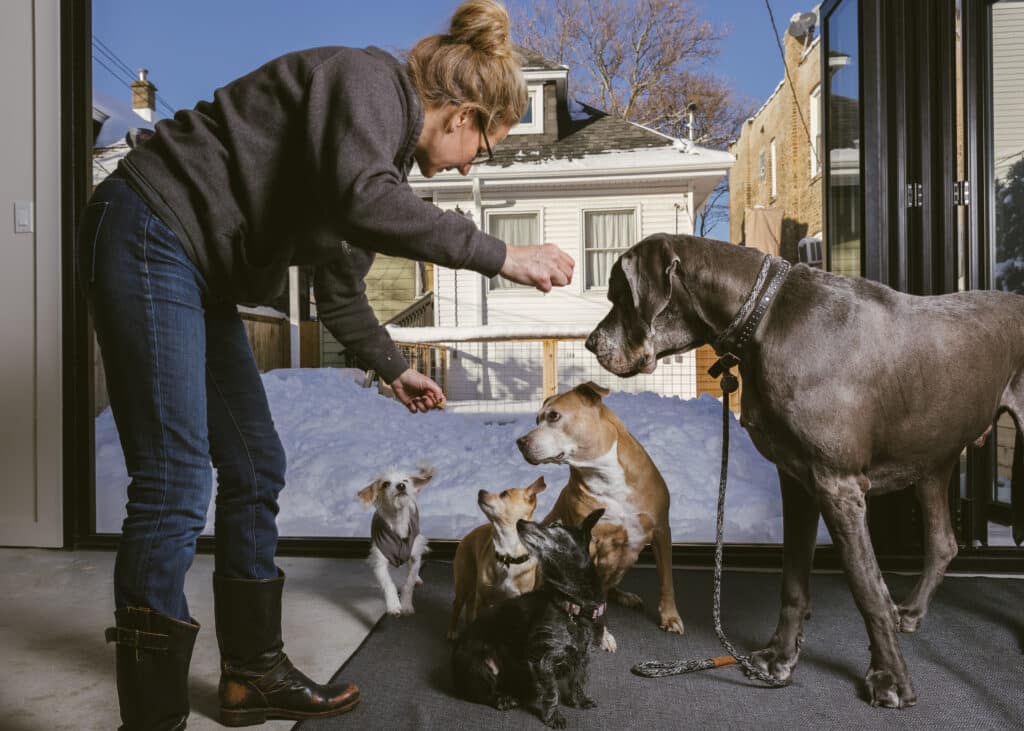
Naiden in action.
Photo by Matthew Reeves.
***
“Antler and Ziggy really changed how I do rescue,” said Naiden, who continues her work with the sickest and neediest dogs. She stays in touch with animal control to identify dogs that need extraordinary help, and she gets emergency calls from the Chicago Police Department, which often stumbles upon animals who have been abused. Once rescued dogs have begun the healing process, Naiden pairs them up with therapy dogs who take over where the humans leave off. It’s her belief that the extraordinary nurturing instincts of dogs like Trio and Antler are similar to the range of human personalities. Some people are natural caregivers. Some aren’t. And the same goes for dogs.
There are, of course, well-known instances of dogs helping humans—from guide dogs for the blind, to emotional support dogs, to search and rescue dogs. Much has been noted about the ability of dogs to empathize with the emotions of humans and to act in ways that soothe us. While affection, loyalty, and service between dogs and humans has been widely looked at, empathy between dogs and other dogs has not been the subject of much research. Are some canines natural-born comforters? Do dogs who survive trauma have some inclination to repay the kindness, giving other suffering dogs a helping paw?
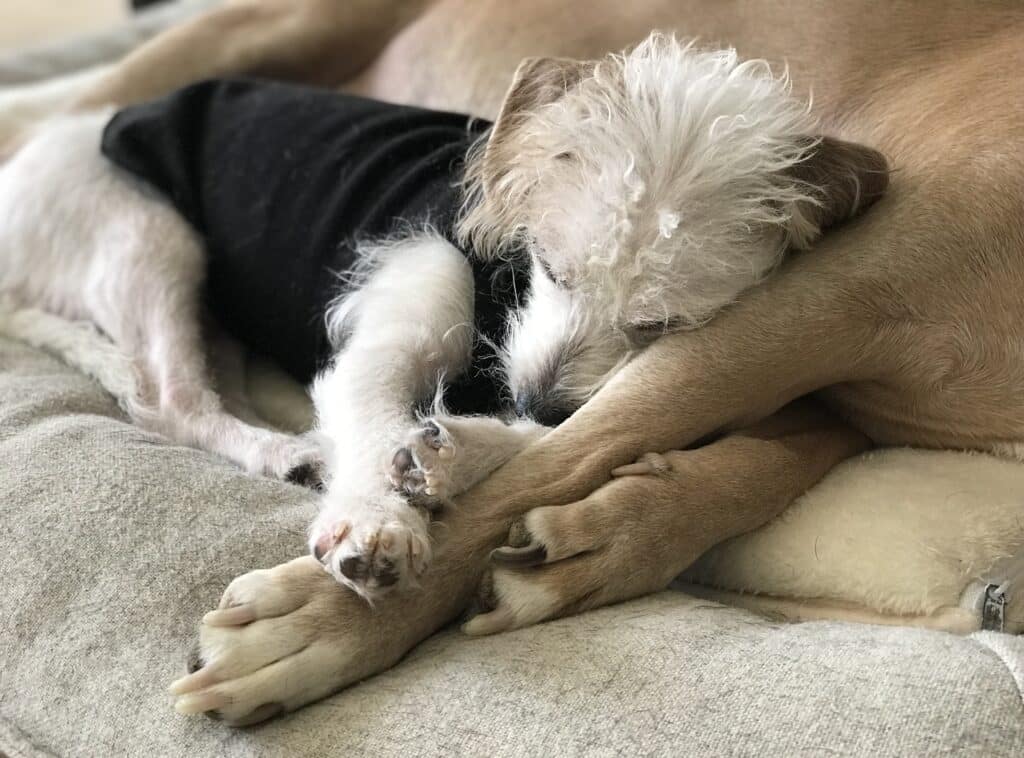
Ziggy and Antler in repose.
Photo by Sue Naiden.
One study, cited by psychologist Stanley Coren in Psychology Today, looked at how dogs reacted to the sounds of other dogs in distress. The researchers, at the University of Vienna’s Messerli Research Institute, found that dogs do respond empathically to whines and whimpers and sounds of stress in other dogs, and they responded most to dogs they already knew or lived with. Researchers reported that dogs were less apt to respond or offer comfort to dogs who were strangers.
Although the research on the topic of compassionate canines remains slim, there is lots of anecdotal evidence floating around—the dog who stays by an injured companion on the highway, or the dog who leads a blind friend around the dog park. In Ohio, the Columbus Zoo and Aquarium recently mourned the death of a Labrador retriever named Coby, who from the time he was a puppy, helped raise a pair of cheetahs. Coby also trained other companion dogs, and tended to otters, foxes, and other creatures who needed nurture. A dog who seemed to have that mysterious predilection for empathy, Coby was called on to comfort baby animals and zoo animals who’d undergone medical treatment.
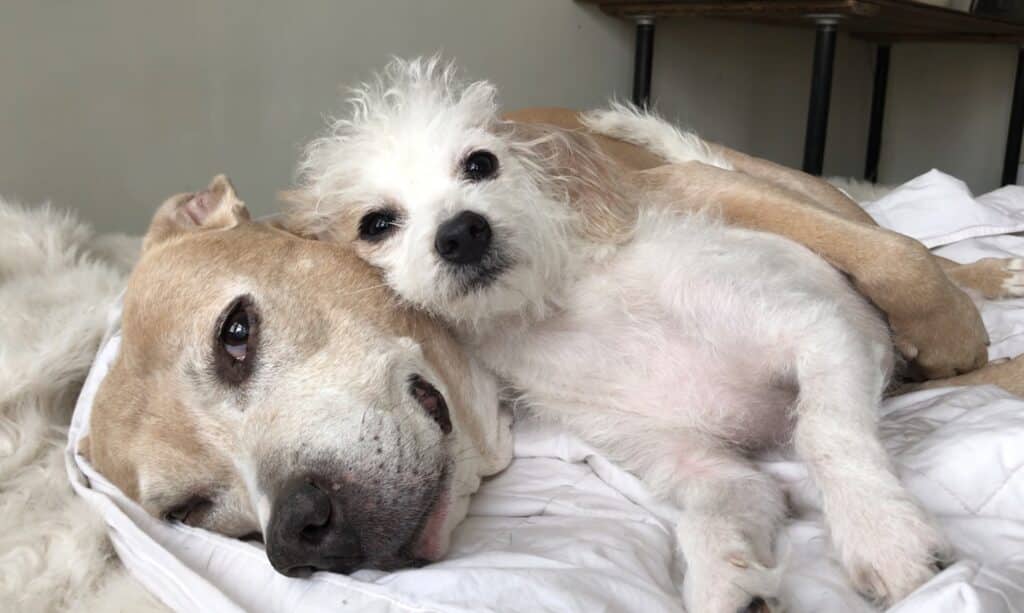
Ziggy and Antler.
Photo by Sue Naiden.
Loren Crabb, who fosters dogs in northern California, relies on his own dog “therapists” when it comes to comforting other traumatized new dogs in his pack. Over the years Crabb has fostered 58 dogs. Currently he has eight living with him on a rural property near Santa Cruz. One dog, named Parker, survived a stroke, but was left with challenges. “He is super quirky, really weird, and gets triggered a lot,” said Crabb. Other dogs can’t necessarily read his signals, which can lead to conflict.
But another of Crabb’s fosters, a dog named Anue Bear, has taken it upon himself to act as a constant companion to Parker, guiding him, modeling good behavior, consoling him. “He shows Parker a patience and understanding that just really calms Parker down and makes him feel better,” said Crabb. Another of Crabb’s dogs, Jayu, rescued from the Korean dog meat trade, has also shown some extraordinary canine compassion, comforting other scared and damaged dogs Crabb has taken in, especially those harmed by humans. “These dogs have such a depth to their character,” said Crabb. “They’ve been my greatest teachers in life, teaching me how to be more loving, more healing, more responsible. I am eternally grateful to them.”
Although further study about the inclination and ability of dogs to help other dogs is required, for now the good deeds of dogs like Trio, Antler and others would seem to argue for the existence of a demonstrable kind of canine compassion toward their fellows.
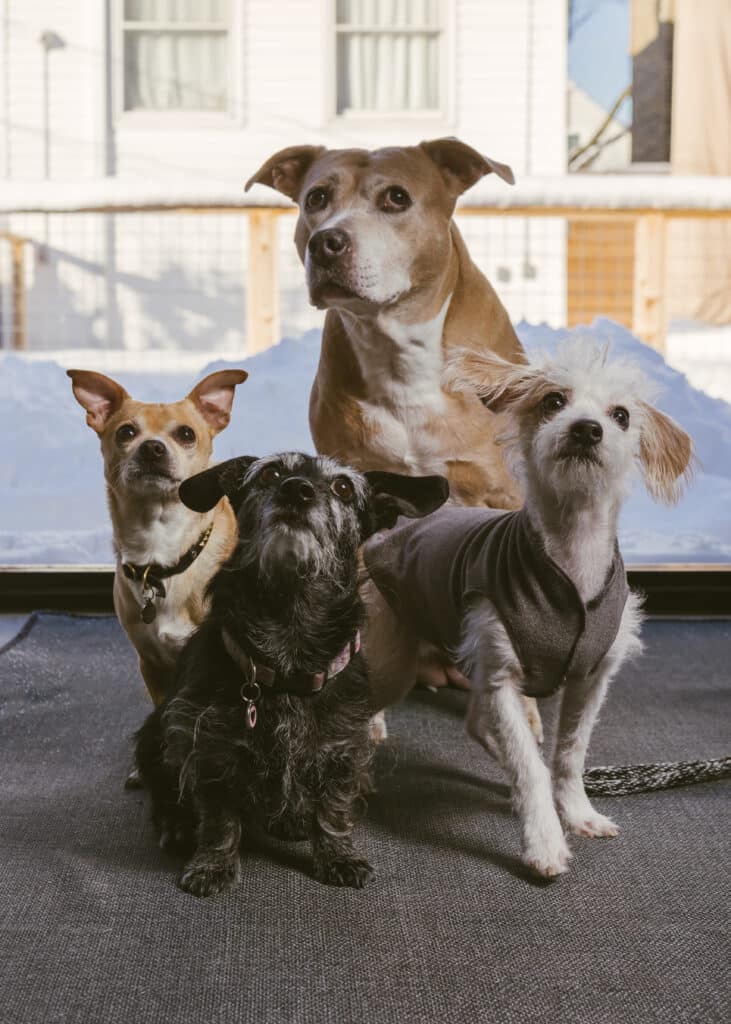
Sue’s rescues, including Ziggy and Antler.
Photo by Matthew Reeves.
***
Every night, Naiden posts photos of Antler and Ziggy, with some commentary. “It’s a way of saying, ‘Here is something positive, something happy before you go to bed,’” Naiden said. “Both of their survival stories are pretty overwhelming.”
A recent post showed Ziggy curled up against Antler, enthusiastically licking her face. The caption read: “Baby Ziggy falling asleep while kissing Antler. It is so beyond ridiculously sweet and heartwarming.”
The nightly posts are followed by some 5,000 people, Naiden said. She chalks that up partly to the desire these days for good news. “I’m sick of stuff being so sad. Everyone in rescue is going through such horrible situations. Everyone has compassion fatigue.
“Antler was about to die and so was Ziggy,” said Naiden. “The two have succeeded together. They give people hope. They are just two dogs that are pure love.”
subscription
LOVE, DOG
